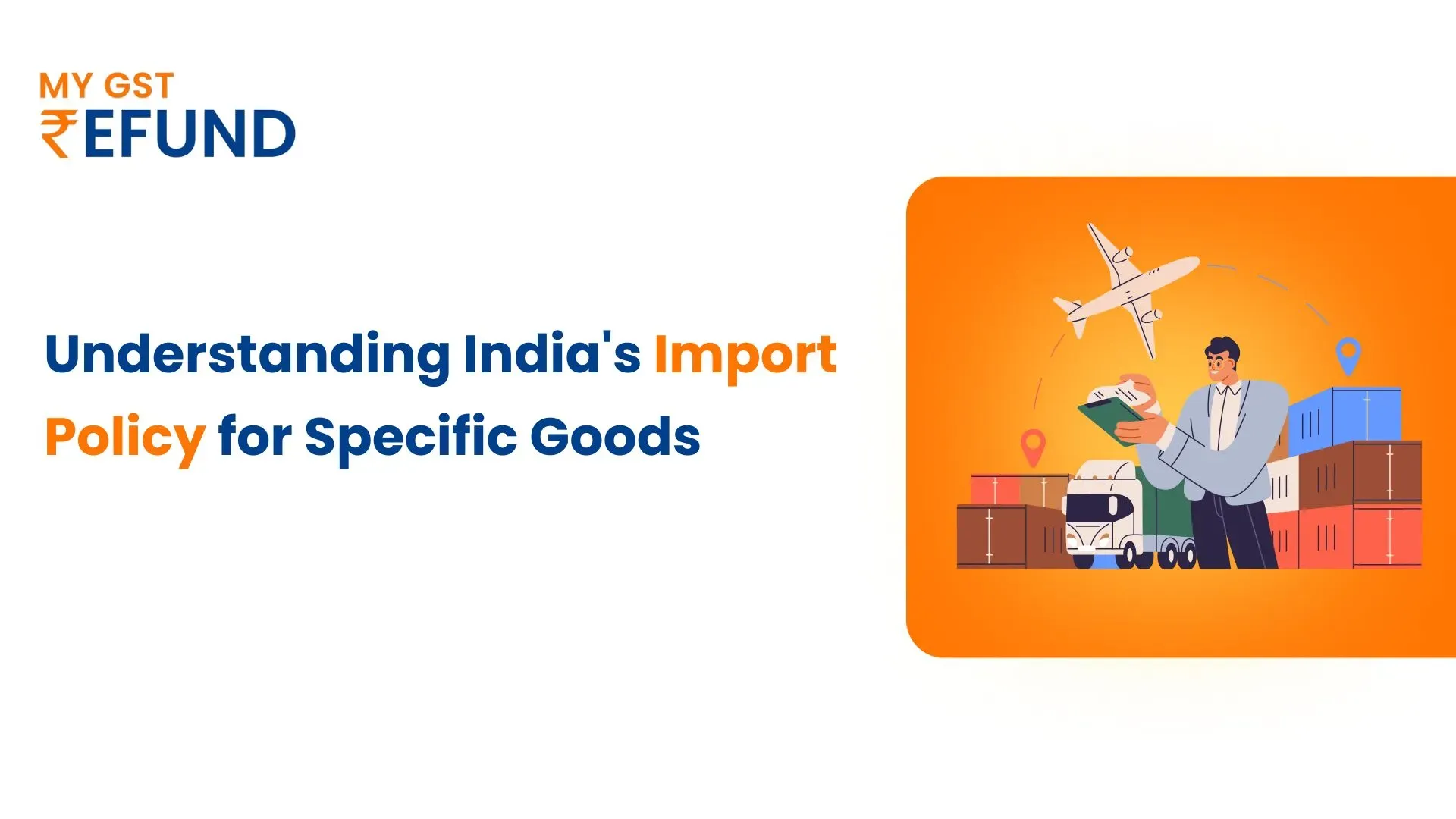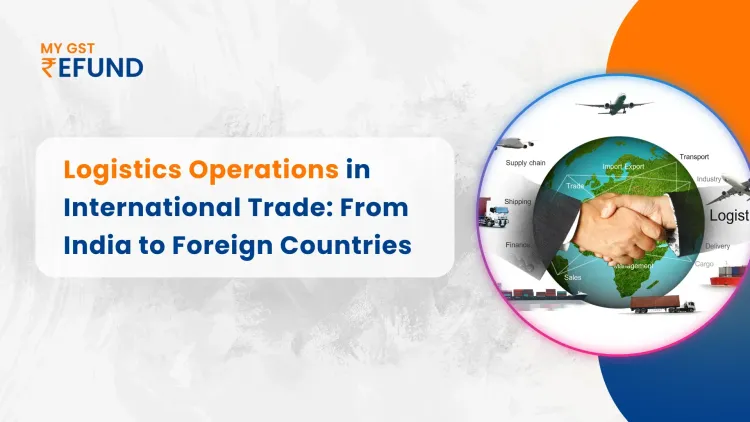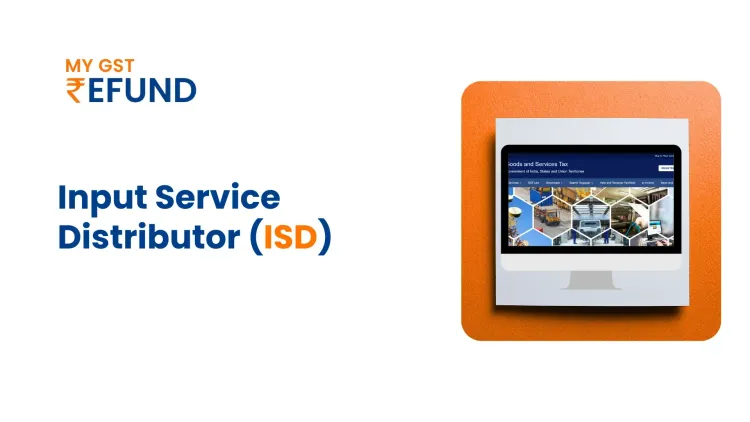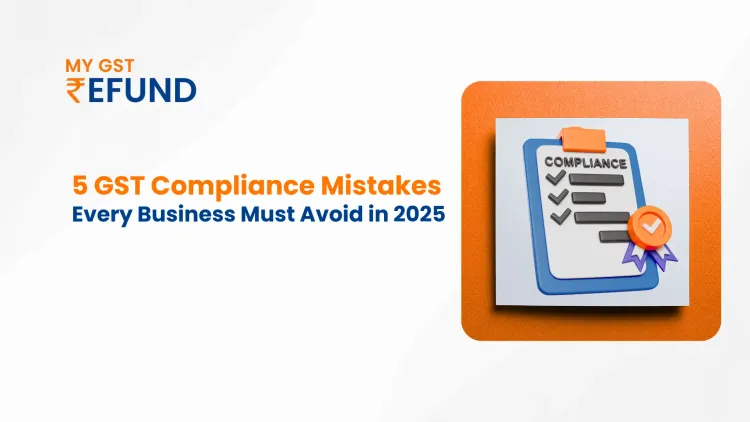India's Import Policy for Specific Goods
India’s import policy is shaped by several regulations and guidelines aimed at protecting the environment, public health, and economic interests. As the country continues to integrate with the global market, it is important to understand the specific rules surrounding the importation of various goods. In this blog, we will delve into some key aspects of India’s import policy, focusing on the import of certain goods, regulations for specific products, and prohibited items.
1. Ozone Depleting Substances - Import of Ozone Depleting substances (ODS) will be subject to the Ozone Depleting Substances Rule, 2000 as amended from time to time. This is termed as Montreal Protocol.
2. Generating Sets - The import of generating sets will be subject to air emission standards and noise standards of Environment (Protection) Rules, 1986.
3. Import of beef and products containing beef prohibited - Import of beef and even edible oils and processed foods products containing beef is prohibited [Para 3 & 4 of part 1, Schedule 1 of General Notes to ITC (HS)].
4. Import of New Automobiles - Cars should comply with provisions of Central Motor Vehicle Rules. They should be right-hand drive, with the speedometer in KM. Pre-shipment as well as post-shipment certification is mandatory. Spares should be available for five years. These only be imported through Mumbai, Kolkata, Chennai ICD, and Delhi Air Cargo.
Customs Duty on cars has been kept very high to discourage imports. However, there are certain relaxations to certain categories of persons.
5. Hazardous Waste and Chemicals - Import of hazardous waste or Chemicals containing such waste will be subject to provisions of Hazardous Waste (Management and Handling) Rules. Import of hazardous chemicals permitted without authorization shall comply with the provisions of Manufacture, Storage, and Import of Hazardous Chemical Rules, 1986 as amended from time to time.
6. Waste oil/sludge - Clearance of waste oil/sludge derived in the normal course of operation of ships will be allowed for reprocessing only to those who are registered with the Ministry of Environment and Forest (MoEF) or Central Pollution Control Board (CPCB).
7. Import of metallic waste and scrap - The metallic scrap should not contain hazardous, toxic waste, radioactive material, arms, ammunition, mines, shells, live or used cartridges, or explosive material. Other metal scrap can be imported freely subject to the procedure prescribed in para 2.54 of HBP and para 2.32 of FTP.
8. Import of office equipment in overseas office of Indian Entity - If an Indian Entity having an office outside India (with approval of RBI) closes that office, it can bring the used office equipment without authorization.
9. Import of ammunition by licensed dealer - The import will be as per conditions mentioned in para 2.46 of HBP. However, Firearms cannot be imported as baggage without a license which is required under the Arms Act, 1959 – Anirudh Singh Katochi vs. UOI (2011) 266 ELT 321 (SC).
10. Import of duty-free goods for R&D in the Pharma sector and Agro chemicals - Import of duty-free goods for R&D in the Pharma sector, Biotechnology Sector, and Agro chemicals will be subject to the conditions in para 2.44 of HBP. The eligible unit in R&D in the Pharma Sector & Biotechnology Sector may furnish an application given in Appendix-8A to the RA concerned duly countersigned by a Chartered Accountant. The eligible unit in Agro Chemical shall apply in the form given in Appendix-8B to the RA concerned duly countersigned by a Chartered Accountant.
11. Imports under Government to Government contracts - No customs clearance permit (CCP) is required. However, the production of necessary evidence to the satisfaction of Customs authorities is mandatory. – Para 2.45 of HBP.
12. Removal of Scrap/Waste from SEZ - A SEZ unit/Developer/ Co-developer may be allowed to dispose of in DTA any waste or scrap, including any form of metallic waste and scrap, generated during manufacturing or processing activity, without an Authorisation, on payment of applicable Customs Duty. Para 2.37 of FTP.
13. Import of Cheque Books /Ticket Forms etc. - Indian branches of foreign banks, insurance companies, and travel agencies may import chequebooks, bank draft forms, and travelers’ cheque forms without authorization. Similarly, airlines/shipping companies operating in India, including persons authorized by such airlines/shipping companies, may import passenger ticket forms without authorization.
Conclusion
India’s import policy is designed to balance economic growth, environmental protection, and public health. By adhering to these regulations, importers can ensure compliance with the country’s legal framework while contributing to sustainable development. Whether dealing with environmental controls, restricted items, or special provisions for research and development, businesses and individuals involved in imports need to stay informed and up-to-date with India’s import regulations.
Related Posts








